Super Tuesday is over and so is the primary season. Although some states have not voted yet and a few others have not finished counting, the parties’ nominees are now locked in. They were really locked in several weeks ago. Biden had no serious competition and Trump vanquished his two main rivals in the early voting.
Trump’s chief competitors were Florida governor Ron DeSantis and Nikki Haley, former governor of South Carolina and Trump’s UN ambassador. The former president effectively clinched the nomination when he beat both decisively on their most favorable terrain, DeSantis in Iowa and Haley in New Hampshire and her home state. Haley stayed in the race but, despite winning DC and Vermont, had no path to victory.
Why did Trump win the nomination? Because he transformed his party’s base during his first run for president and then reassured that base he was able to run aggressively one more time. DeSantis found there was no room to Trump’s right on social issues, or at least not enough to persuade primary voters. Haley found the centrist, internationalist wing was too small. She still presents a challenge to Trump, even if, as she says, she won’t run as an independent in the November election. The challenge is that her voters form a significant portion of the Republican electorate, roughly a third, and many of them are hesitant to vote for Trump in the general election. He needs to bring most of them back into the fold to win the White House. One open question is whether Haley herself will help him.
President Biden had a much easier time in the primaries, winning without serious competition. He even won New Hampshire as a write-in, no easy feat. His name wasn’t on the state’s ballot to avoid offending South Carolina, which Democrats had made their first primary. New Hampshire, they decided, was too white and too rural. South Carolina, by contrast, has a racially mixed population and is more representative of the Democratic Party. But New Hampshire refused to give way, so Biden was forced to run as a write-in. He secured a big win there, as well as in South Carolina.
So, the Fat Lady (she/her/hers) has sung. Trump and Biden now begin the long slog to November. What challenges does each nominee face?
Biden’s are easy to specify but hard to solve: the economy, immigration and his own physical frailty and cognitive decline. He must convince voters he is still sharp enough to hold the most demanding office on earth, or at least hide his deficiencies. He will try to mask the problems by relying almost entirely on advertisements, while avoiding long speeches, questions from reporters, and impromptu comments. Biden will do everything possible to avoid debates, or at least to limit the number. A friendly media should help on all counts.
Festering in the background is yet another problem: mounting evidence that Joe Biden played a central role in his family’s lucrative income from foreign dictatorships. That issue — essentially corruption — has already tarnished Biden, thanks to Republican investigations. Those have shown Biden was far more knowledgeable about the “family business” than he has acknowledged and far more engaged in meeting foreign business associates. As one business partner put it, Joe Biden’s involvement closed the deals. Maybe so, but Republicans still have not found any quid pro quo, where either Joe, his brothers, or his son received benefits in return for specific official actions.
The economic issue is good for Trump and bad for Biden. Voters have decided they fared much better during the Trump years, at least before Covid. Their income went up about 7 percent in real terms. It has gone down about 4.7 percent under Biden.
People notice the difference in prices, too, especially at the grocery store and gas pump. They also see them in much higher interest rates if they want to buy a house or car. They are grumpy about Biden trying to squeeze them into electric vehicles, even with huge government incentives, and prohibit gas stoves.
Trump’s cry of “drill, baby, drill” is not just a jab at that gas prices, EVs and environmental regulations (made by unelected bureaucrats). It is really a promise to unleash the American economy as a whole and a reminder that he did so last time.
Republicans are punching home Biden’s responsibility for inflation and higher interest rates: they’re right. He flooded the economy with public money during his first three years. The president can rightly point to superb employment numbers, but the economy is still a major problem for him and a major plus for Trump. Voters simply don’t feel they are doing better economically under Biden.
Important as the economy always is, illegal immigration now vies with it as citizens’ top concern. During Biden’s tenure, well over 7 million people have entered the US illegally. And they keep coming.
That’s not a natural disaster. It’s a man-made one. During Biden’s first months in office, he overturned almost all Trump’s successful policies, which had limited the flow of illegal immigrants. Biden stopped building the border wall, ended the policy that required asylum seekers to “remain in Mexico” while their claims were processed, and ended the valuable cooperative arrangement with Mexico to station their troops on the border to prevent illegal transit. Recently, when Texas tried to close its open southern border by erecting razor-wire fences, the Biden administration successfully sued to cut the wire.
The immediate result has been a huge influx of illegal aliens, not just from Mexico, Central America and Venezuela, but from all around the world. Governments are opening their prisons to send us inmates. China, Iran and other US enemies are sending spies and terrorists.
The results of this unprecedented migrant wave are
- Unsupportable financial burdens on cities and states where the migrants arrive,
- A surge of deadly narcotics from China through Mexico and into the US via cartels,
- Human trafficking, including sex slaves, and
- The solidification of transnational Mexican cartels, much like the Mafia was solidified under Prohibition
Putting Vice President Kamala Harris in charge of the border and sending her to Central America to find the “root causes” of immigration quickly became a joke. Indeed, Harris herself became a laughing stock, not only because of her ineffectiveness but because of her “word salad” speeches and inauthenticity. Her favorability rating is now even lower than Biden’s. That’s a serious problem for Democrats since voters doubt whether Biden can make it through a full second term. They really don’t want a President Harris — and Trump will hammer that theme.
The migrant problem has also strained the Democratic coalition. Progressives were the force behind open borders, and they still resist any efforts to close it. Not so with African Americans, a crucial component of any Democratic victory. They are angry with policies that put them in direct competition with illegal aliens for jobs and public resources.
Donald Trump will run on these negatives and try to downplay his own, just as the Democrats will try to depict the former president as a “threat to democracy.” Democrats will emphasize “the insurrection of January 6” and Trump’s steadfast refusal to acknowledge his loss in 2020.
Democrats will also emphasize abortion, a huge issue with women voters and a major reason why the party holds such a sizeable lead among them. Trump takes credit for appointing three conservative Supreme Court Justices who helped overturn Roe v. Wade — it’s a pillar of his support on the right — but he will try to tamp down the issue by emphasizing his support for in vitro fertilization and his centrist position on abortion limits. That may help, but the issue is still a big winner for Democrats.
So is the basic fear that Trump doesn’t respect the constitutional limits of his office, particularly the vital importance of publicly acknowledging defeat and transferring power peacefully. Democrats will highlight that issue by constantly pressing Trump on whether he still thinks he won the 2020 election.
Voters mostly look to the future, not the past. What will you do for us? They do occasionally look back, Trump wants them to remember better times when he was president. Biden and his party want them to remember the tumult surrounding a “rogue president” who tried to stay in power after losing an election and encouraged violence to do it.
Trump’s best “positive” argument is the one Reagan used so effectively against Jimmy Carter, “Are you better off now than you were four years ago?” His best negative argument is that Biden has made you worse off economically, flooded the country with illegal immigrants, and will give way to President Kamala Harris sometime during his second term.
Biden’s best positive argument is that he will preserve Americans’ traditional rights, especially reproductive rights. (He long ago dropped his 2020 argument that he will bring the country together.) His best negative argument is that Trump is a wannabe dictator, bent on revenge.
Now that Super Tuesday is over, expect the negative arguments to dominate the race.



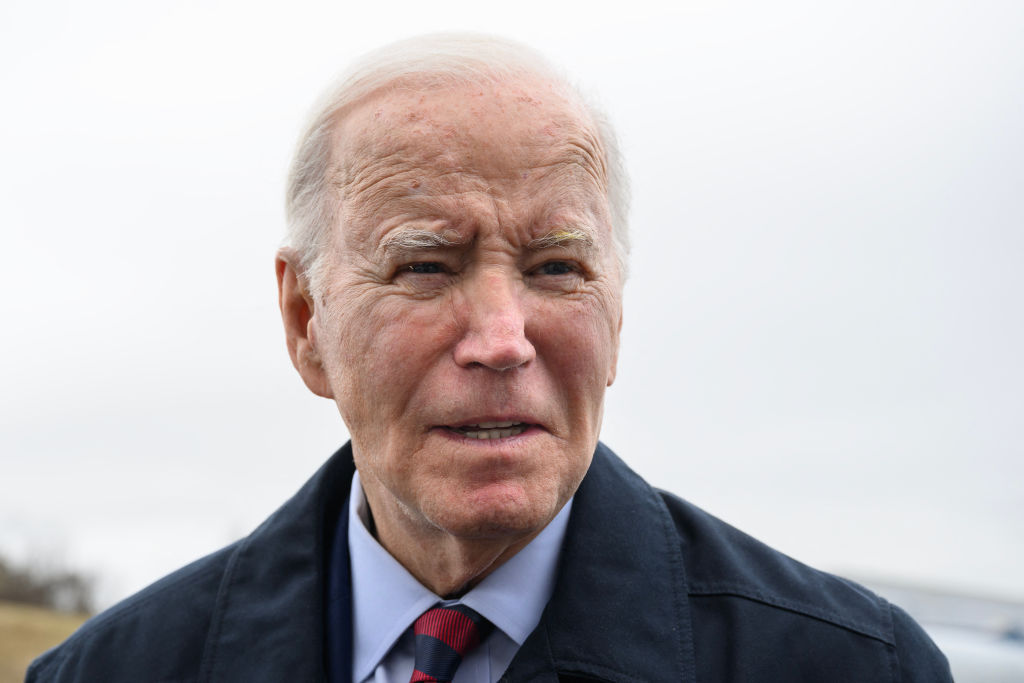







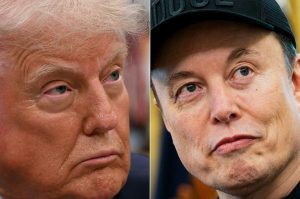

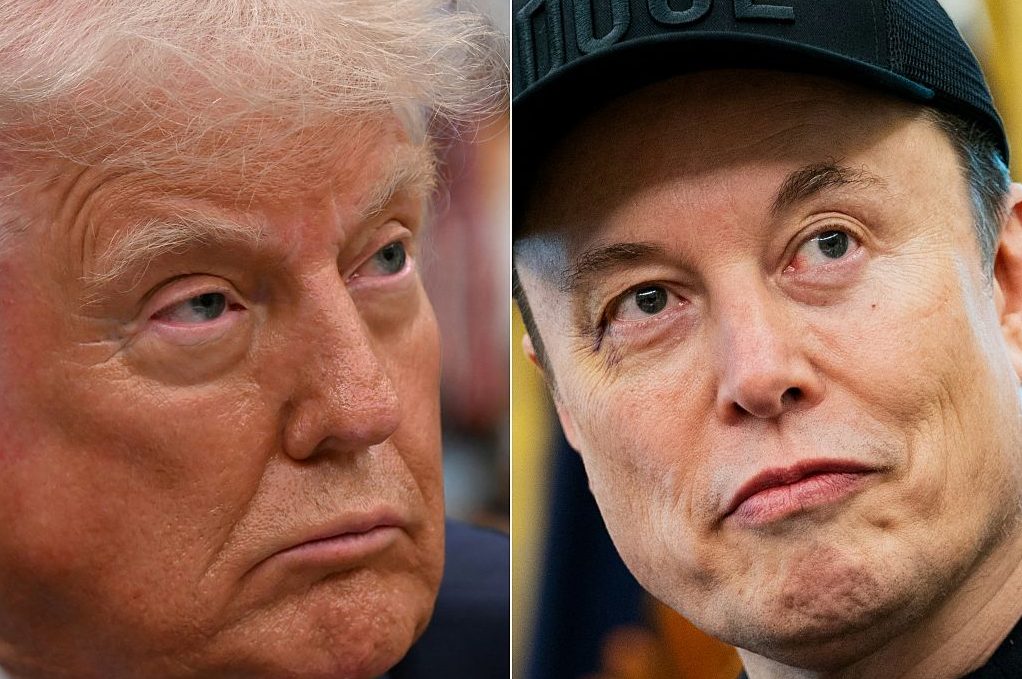
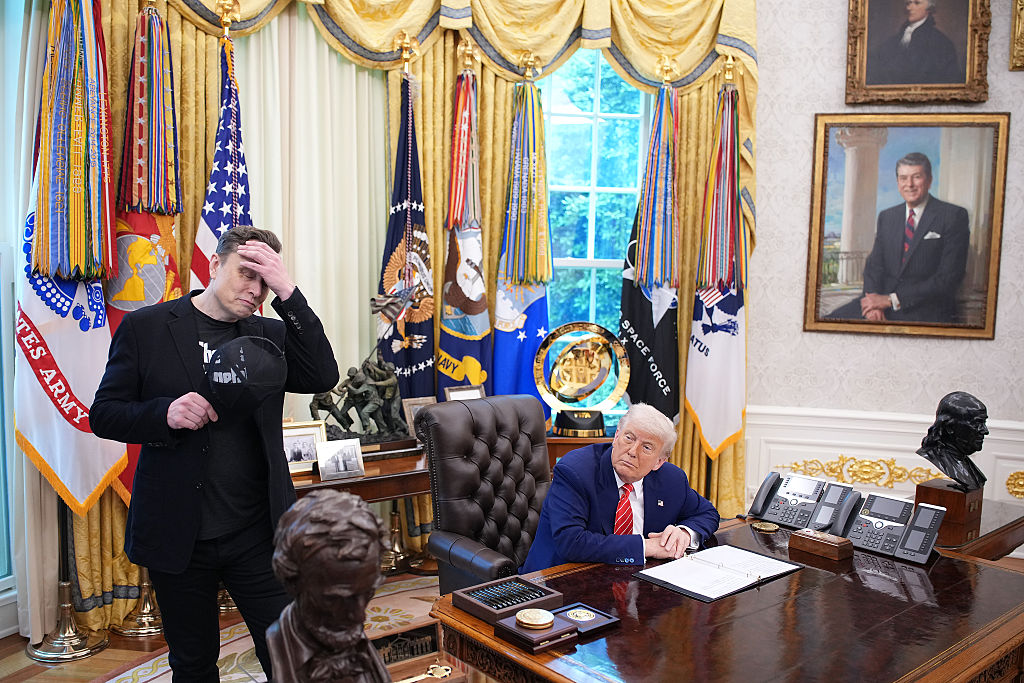


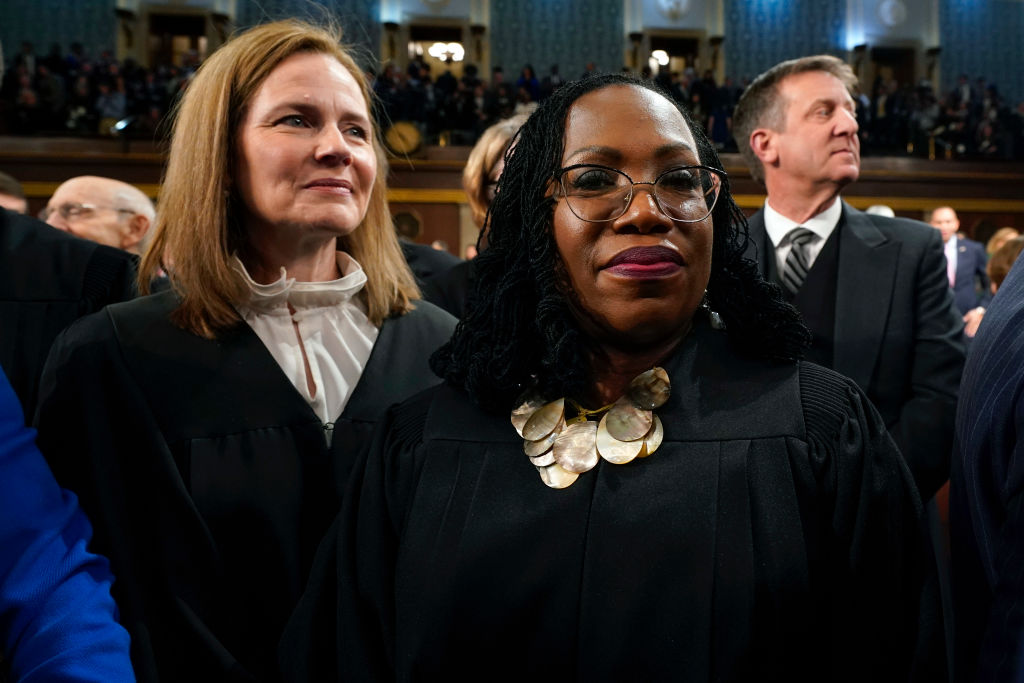
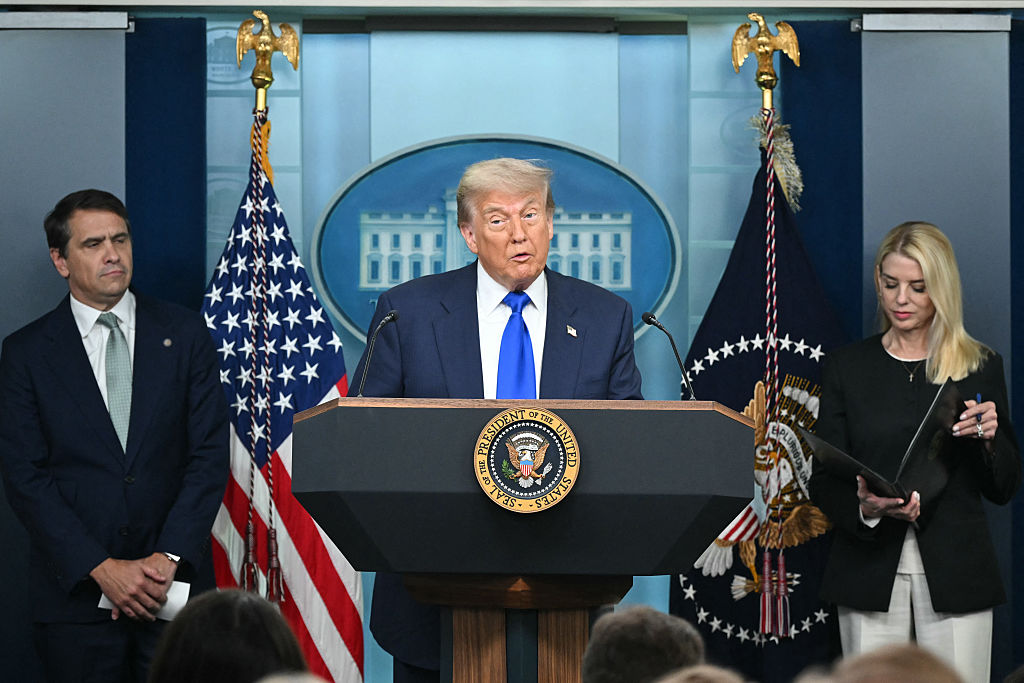







Leave a Reply